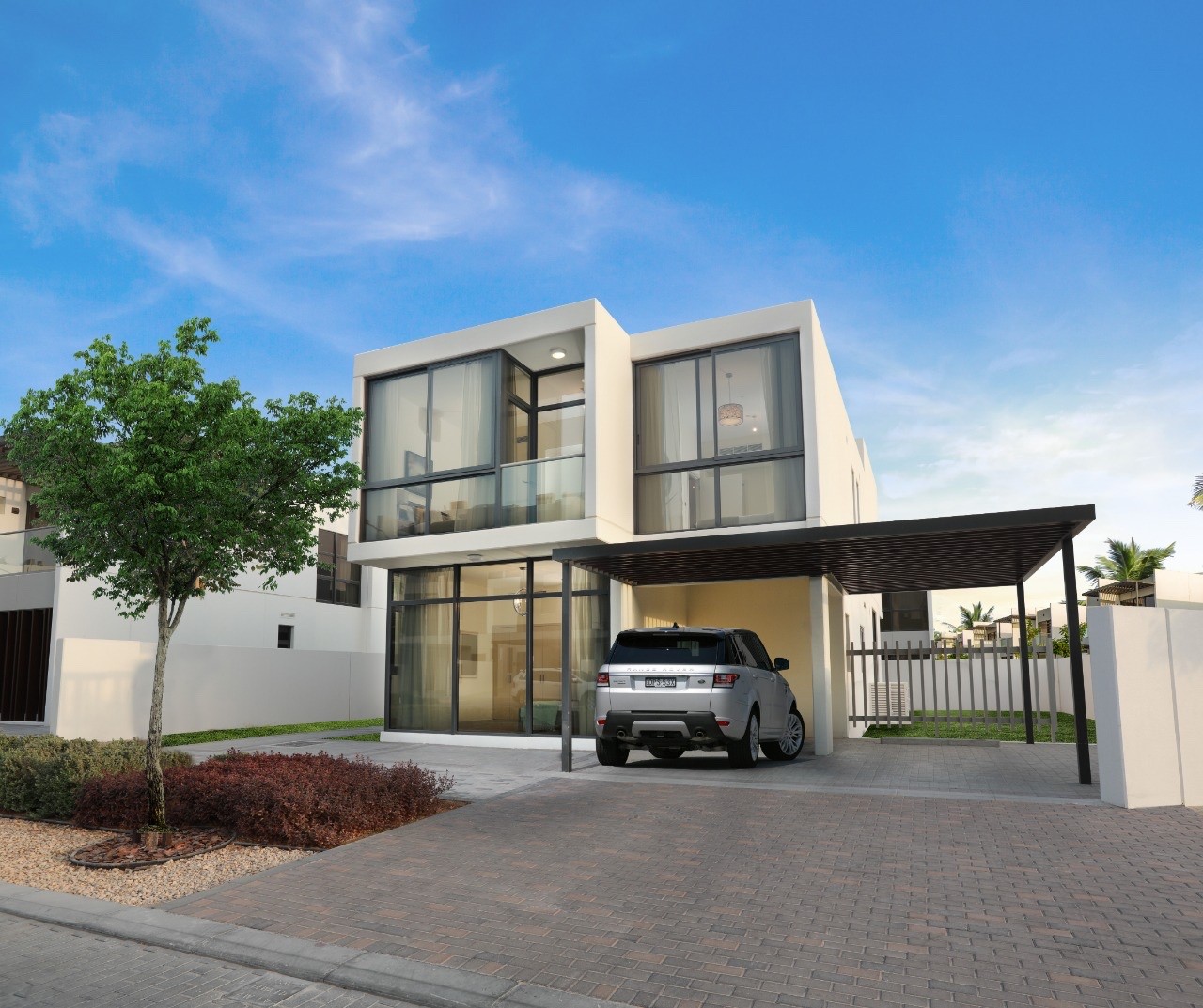
The transformation of the global economic landscape due to geopolitical changes, rapid technological development, market dynamics and the overall effects of the past year has prompted the need to review plans, government systems and mechanisms to ensure future success. The UAE is celebrating its 50th year of unification, and the occasion calls for us to think about the country’s future.
Recently more than 1,000 government officials got together to develop a plan to chart the UAE’s economic path for the next 50 years. The meetings focused on several key points, including the UAE’s current business environment and ways to stimulate entrepreneurship, attract investments and develop talent, among others.
An integral part of this growth journey is the role of real estate. The real estate sector mirrors the economic viability and sustainability of an economy and its poverty level. In general, the level of infrastructure development in a country says a lot about its economic status. Adding to it, it is also a significant revenue generator and a job creator, and should therefore be given equal importance while charting out plans for the country.
GDP connection
The potential of real estate and the opportunities it presents to economic growth is quite significant. According to the Dubai Land Department, real estate contribution to Dubai’s GDP reached 7.2 per cent in 2019. The value of Dubai’s GDP reached Dh407 billion in 2019 compared to Dh389 billion in 2018, with a growth rate of 2.2 per cent. The value of real estate transactions reached approximately AED226 billion in 2019, compared to AED221 billion in 2018, with a growth rate of 2.1 per cent. The sector achieved an added value of more than Dh29.4 billion, with a growth rate of 3.3 per cent in 2019 as compared to 2018.
The strong link between GDP growth and real estate development suggests that property investments are a straightforward way to participate in the economic growth of the UAE. Unlike global bond and stock markets, real estate is a much more local investment that offers actual diversification benefits. This stems not only from the different GDP growth trends but also from short-term real estate cycles which overlap the long-term trend and are governed by various local supply and demand dynamics.
Value addition
Real estate activity stimulates the economy in indirect ways as well, in the value-added impacts of the purchase of goods and services that stem from real estate- related businesses and real estate transactions. The sector’s multiplier effect in terms of job creation is also significant. The construction of commercial real estate builds spaces and jobs for retail, office and manufacturing. Real estate construction is labour-intensive and a substantial force in job creation. Periods of strong consumer spending also are likely to have positive effects on furniture, interior design, and similar businesses.
Economic impact
Even amid an economic downturn, the central importance of the industry to the economic well-being and fiscal policies of the country remains crucial. This is further underscored by the attention given to real estate centric recommendations in economic stimulus packages across all the emirates recently. His Highness Sheikh Mohammed bin Rashid Al Maktoum, Vice-President and Prime Minister of the UAE and Ruler of Dubai recently stated that ‘the UAE will be the fastest country in the world to recover and our institutions have proven their ability to adapt’. This is ever so evident in the kind of steps that the wise leadership has taken to get things back to normal, particularly after the global Covid-19 pandemic. From stimulus packages for the economy, to testing vaccines, taking precautionary health measures and even leveraging technology to improve people’s lives, the UAE has been a role model for the region and the world.
As prospects for the UAE’s development remain optimistic, the real gross domestic product (GDP) for the region is forecast to grow by 2.5 percent in 2021 to 2023, with the non-hydrocarbon sector leading the way, according to the latest report by S&P Global Rating, a leading rating agency. And because real estate is possibly the asset class most closely related to economic development, it seems prudent for global investors to consider the UAE as the region’s growth engine.
One might expect that the economic impact of the real estate industry has been somewhat suppressed recently, given the downturn of the market over the past few years. While it is true that the industry’s impacts were more generous during the boom years, the fact remains that much of the effect of real estate on the state’s economy is permanent in nature and does not disappear because of market fluctuations. Therefore, much importance needs to be given to the real estate sector in planning for the future during the golden jubilee year of the UAE.